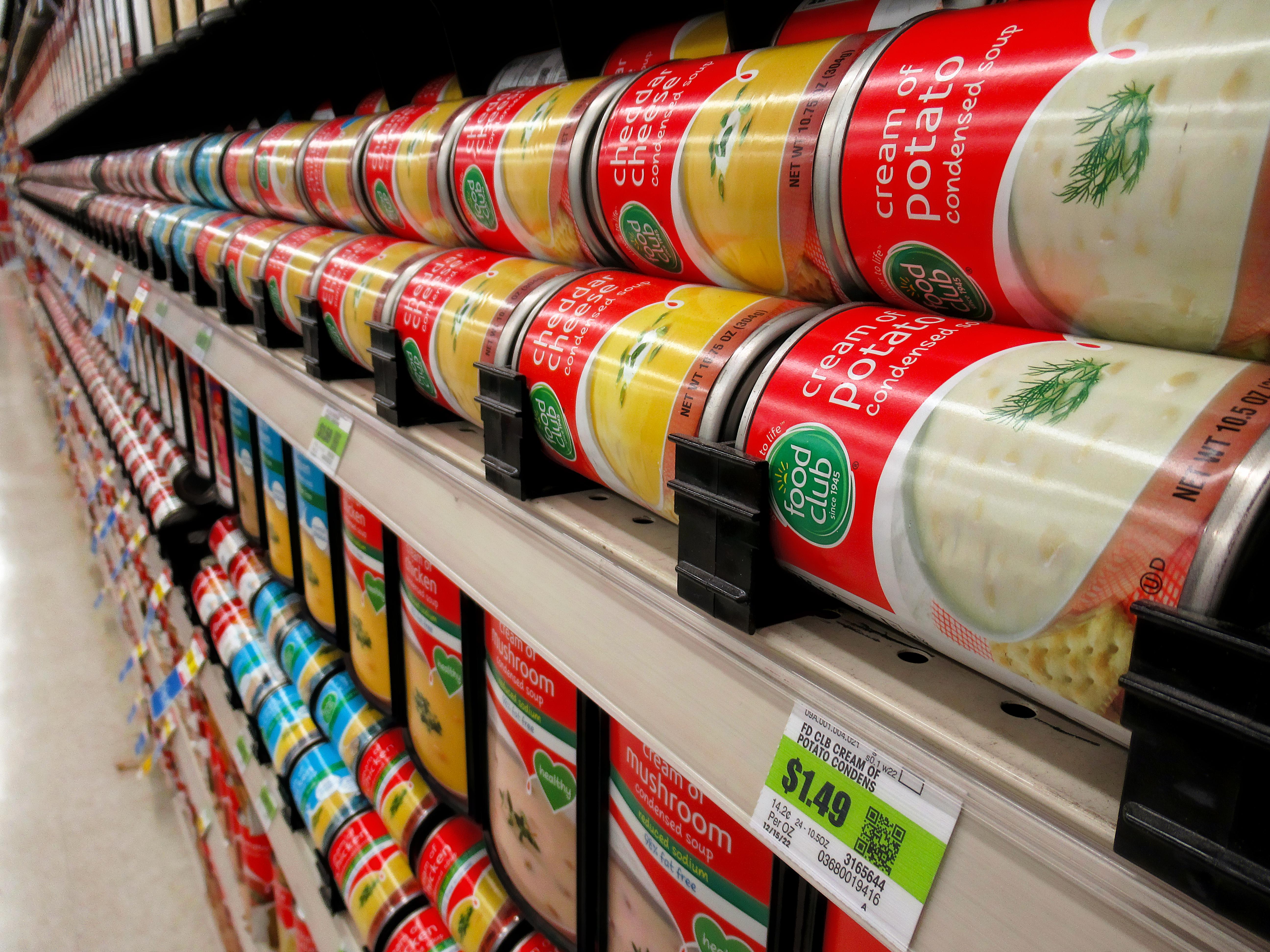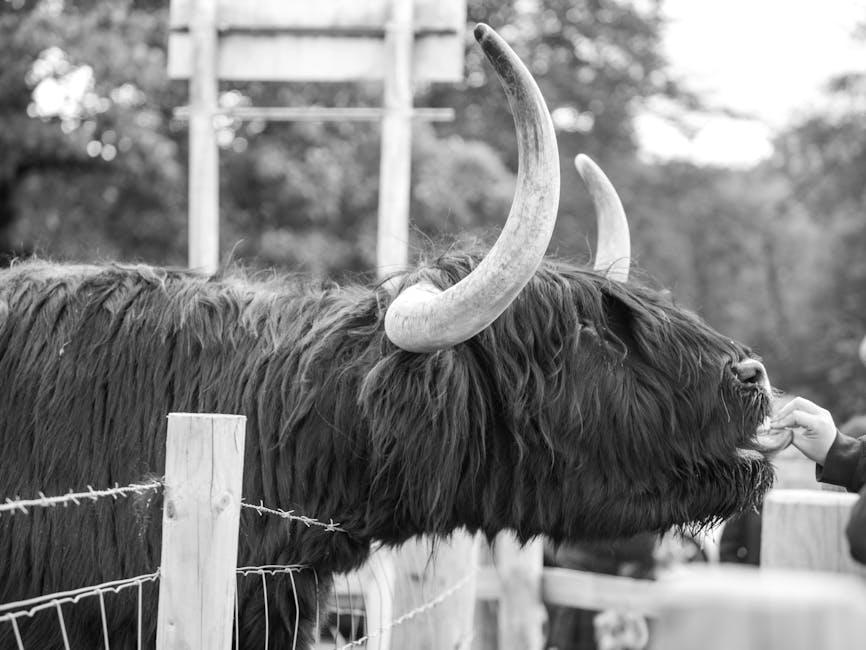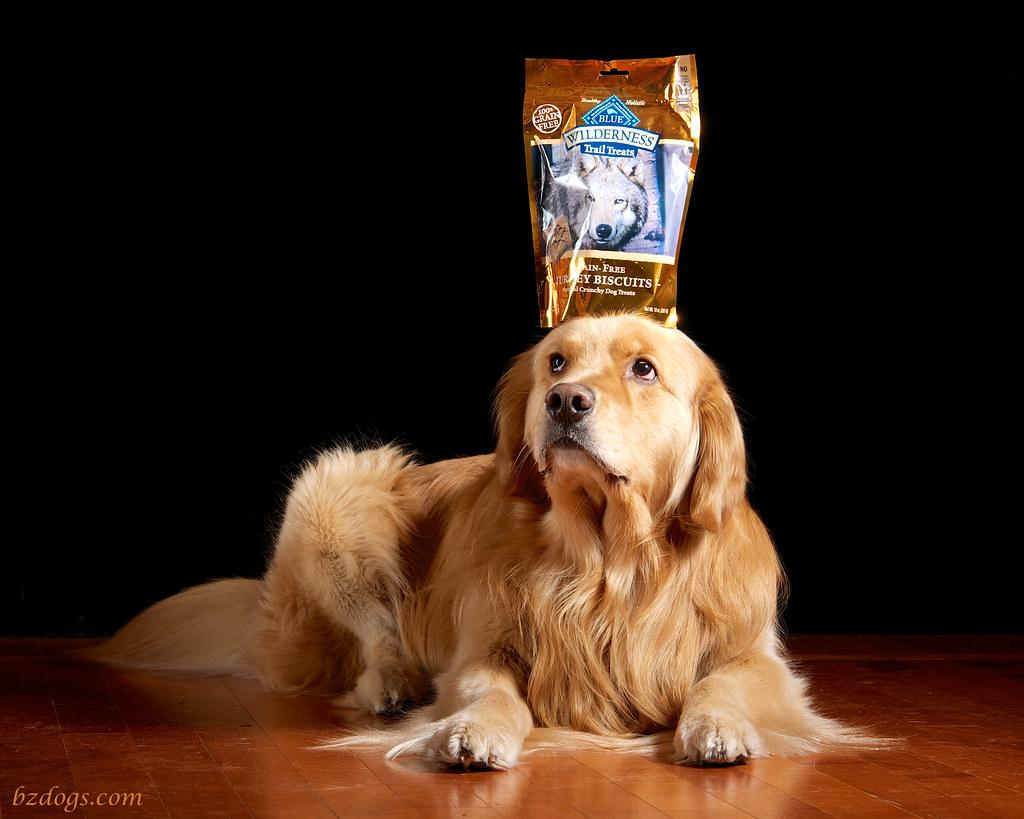Imagine walking into a cozy kitchen where the aroma of a lovingly prepared meal envelops you like a warm hug. Just as we cherish these moments of nourishment, our pets deserve the same thoughtful care when it comes to their diets. Yet, beneath those wagging tails and purring cuddles, there’s a world of nutritional needs that often goes unnoticed. In this article, we’ll delve into the insights and secrets that veterinarians wish every pet owner knew—a guide to ensuring our furry companions lead vibrant, healthy lives through proper nutrition. So, grab a cup of tea, settle in, and let’s embark on this journey to better understand the culinary world of our beloved pets.
Understanding the Nutritional Needs of Your Furry Friends
When it comes to our beloved pets, understanding their nutritional needs is crucial for their overall well-being. Just like humans, our furry companions require a balanced diet tailored to their specific needs. Veterinarians emphasize the importance of recognizing that not all pets are the same, and their dietary requirements can vary significantly based on factors such as age, breed, and activity level.
Here’s what to consider when planning your pet’s diet:
- Protein: Essential for growth and energy. Ensure it’s from high-quality sources.
- Fats: Provide essential fatty acids and help with nutrient absorption. Balance is key.
- Carbohydrates: Offer energy but should be given in moderation, especially for less active pets.
- Vitamins and Minerals: Crucial for immune system support and bone health. Consult your vet for specific needs.
By focusing on these elements and regularly consulting with your veterinarian, you can help ensure your pet leads a healthy and happy life.

Decoding Pet Food Labels for Healthier Choices
Understanding the fine print on pet food packaging can be daunting, but it’s crucial for your furry friend’s health. Start by looking for the AAFCO (Association of American Feed Control Officials) statement, which ensures the food meets basic nutritional standards. However, it’s just the beginning.
Focus on the ingredients list to make informed choices:
- Real Meat First: Look for specific proteins like chicken or beef listed as the first ingredient, not vague terms like “meat by-products.”
- Avoid Fillers: Ingredients like corn, soy, and wheat are often used as fillers and offer little nutritional value.
- Check for Additives: Minimize artificial colors, flavors, and preservatives. Natural preservatives like vitamin E or C are preferable.
Remember, the best nutrition for your pet involves a balance of protein, fats, and carbohydrates tailored to their specific needs. Consult with your vet to ensure you’re making the healthiest choices possible.

Common Feeding Mistakes and How to Avoid Them
Pet nutrition can be a complex puzzle, and even the most well-meaning pet owners might stumble into common pitfalls. Overfeeding is one of the most frequent missteps. It’s easy to mistake food as love, but too many treats or oversized portions can lead to obesity and related health issues. Instead, focus on providing a balanced diet and use a measuring cup to ensure accurate portion sizes. Pay attention to your pet’s body condition and adjust their intake as needed.
Another common error is neglecting variety in your pet’s diet. Just like humans, pets can benefit from a range of nutrients found in different food sources. While consistency is key, consider incorporating various proteins and vegetables to ensure a well-rounded diet. Be cautious, though, as sudden changes can upset their stomach. Introduce new foods gradually and observe any reactions. By avoiding these common feeding mistakes, you’ll support your pet’s health and happiness.
- Overfeeding: Use measuring tools and monitor body condition.
- Lack of Variety: Introduce new foods slowly and safely.

Crafting a Balanced Diet for Every Life Stage
Ensuring your pet enjoys a well-rounded diet is crucial at every life stage, from playful puppyhood to the golden years. Young pets need energy-rich foods to support their rapid growth and boundless energy. Focus on a diet that includes:
- High-quality proteins for muscle development
- Essential fatty acids for brain and vision health
- Calcium and phosphorus for strong bones and teeth
As your furry friend matures, adult pets require a balanced intake to maintain optimal health and weight. Their diet should be:
- Moderate in calories to prevent obesity
- Rich in antioxidants to boost the immune system
- Balanced with fiber to ensure good digestion
Senior pets have unique needs, often requiring foods that are:
- Lower in calories but rich in nutrients
- Enhanced with joint-supporting supplements
- Easy to chew and digest
Understanding these dietary nuances can help you provide the best care for your beloved companion, keeping them healthy and happy throughout their life.


































